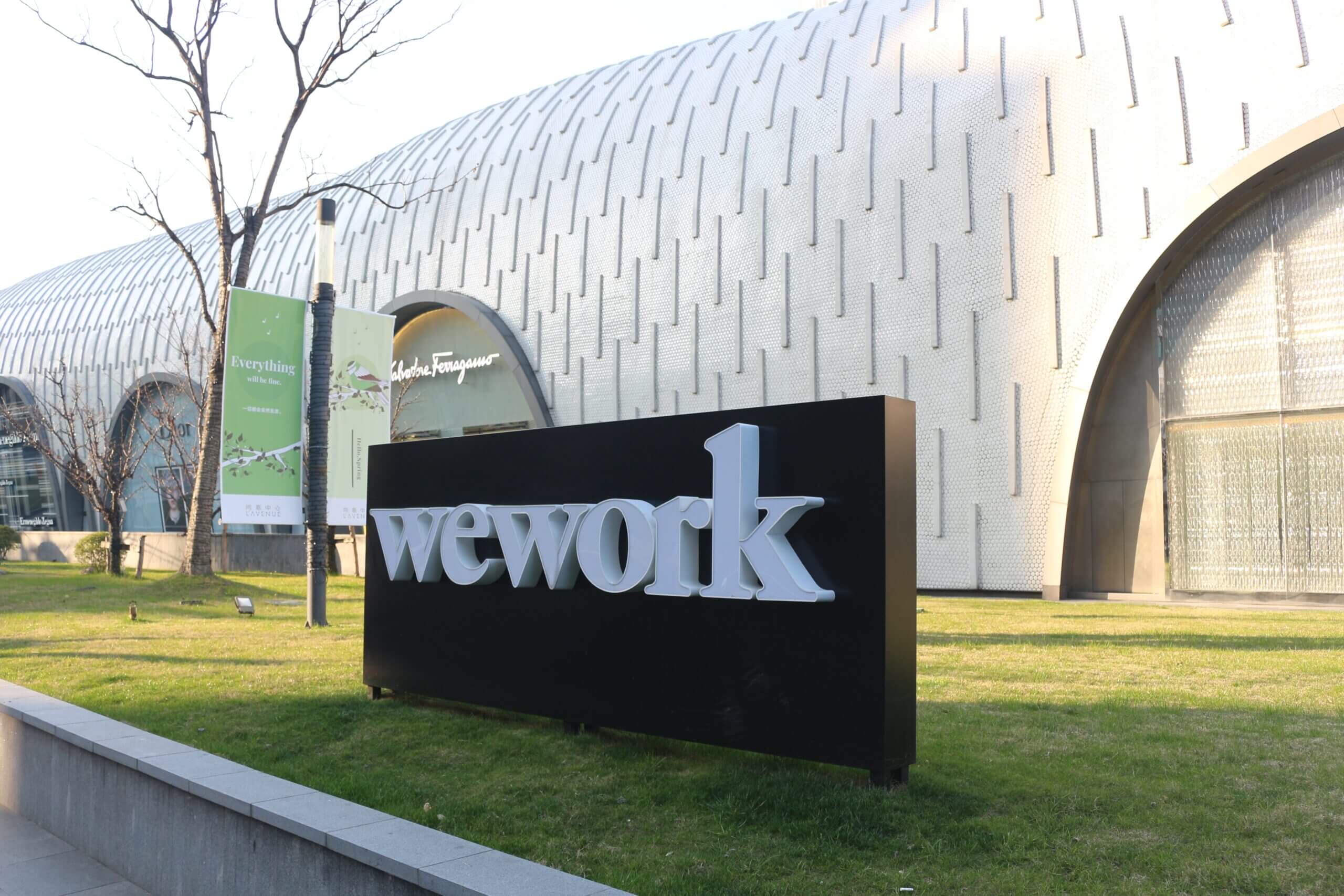Co-working giant WeWork said last week in a 10-Q filing that “substantial doubt exists about the company’s ability to continue as a going concern.” WeWork has lost about $600 million in the last six months and only has about $680 million in cash on hand right now. In the future, if WeWork does close, it could hurt owners a lot if its leases aren’t picked up by another coworking operator or several operators.
So, any future lenders or investors will have to think very hard before giving more money to a business that has been losing money from the beginning. Other coworking companies will likely try to buy the profitable sites at a bankruptcy sale.
Also, this doesn’t tell us much about the future of the office market since WeWork has been losing money since it started in 2010, even though it was once worth $47 billion. WeWork had a great idea that changed the way we work and how we live in the office, but it was never a business that made money. Still, this was bad news for renters in big cities like New York City, where WeWork has an estimated 6.8 million square feet of space.
WeWork said that over the next 12 months, it will focus on lowering rental costs, negotiating better deals, making more money, and getting more money. But how many chances will WeWork have to be successful? The company has already been restructured and reorganised out of court more times than you can count. Barclays Bank says that since 2019, WeWork has already changed more than 590 leases. These changes include partial terminations to lower its lease space, rent reductions and rent deferrals, offsets for tenant improvement allowances, and other strategic changes. Guess what? That’s the kind of work usually done in a bankruptcy case. In a bankruptcy, the debtor can reject leases that aren’t profitable, while successful leases can be taken over or sold at auction.
WeWork has done everything that can happen to a company in the business cycle except make money. They have been scammed by their founder, used the international private investment community and credit markets, borrowed billions from Softbank, and gotten stock funding through a public offering through a particular purpose acquisition company. To invest in this company with new money in the future, you have a powerful gut. WeWork was a great idea, but it needed a better business plan from the start because it paid too much for leases. But when business schools finally write about WeWork as a case study, it is more likely to be seen as the old model of a company started by a charismatic person with a new idea that grew too fast and did business with itself. There is nothing new or different about that.
If WeWork goes out of business, it could hurt a lot in New York City, where I live and work as the head of a company that helps people rent office space. WeWork is one of the most prominent tenants in New York City. It has more than 70 leases with both well-known and unknown owners. WeWork was, at one point, the biggest renter in NYC. The biggest business market in the world is New York, which has about 540 million square feet of office space. This means that even if WeWork closed, it wouldn’t be the end of the world.
Still, WeWork’s possible failure will have repercussions, especially for its owners, if it goes bankrupt. Many of them are already having trouble with their properties, especially if their loans are coming to an end and they need a new tenant for WeWork. Under the WeWork model, of course, WeWork effectively sublets to thousands of member renters who could stay in its spaces even if a WeWork over a lease is rejected in bankruptcy. It will be a lot of work for the owners to take over management of the coworking areas, but they may have little choice if WeWork’s leases aren’t bought at auction by other coworking buyers to replace them.
Softbank has already spent billions of dollars on WeWork. Will they save the day once more? Or will the leases be sold at a bankruptcy sale? Other coworking owners might think they can run the place better, and they might jump at the chance to buy up leases for businesses that are doing well. But just because WeWork is having trouble does not mean that coworking is dead. The idea is still alive, and there is a lot of demand for it because coworking centres offer short-term leases and a sense of community to their renters, no matter which company runs them.
WeWork is also facing the standard problem of a self-fulfilling prophecy, which often happens when a company is known to be thinking about filing for bankruptcy. Customers of the troubled company, in this case, members of WeWork, are naturally hesitant to do business with it until its status is clear. Since the news about WeWork’s problem has been all over the place, how many new tenants are going to sign membership agreements, which are like leases? The situation is made worse by the fact that most WeWork leases are month-to-month or for short terms, which most renters like. So, what will renters do when their leases are up? Many WeWork members will look for other places to work until WeWork’s future is clear, which will make things worse.
In the short term, WeWork’s problems will add more chaos to an already shaky office leasing market and hurt owners already dealing with high vacancy rates because of remote work and an increase of 525 basis points in interest rates. So it makes sense that Starwood CEO Barry Sternlicht recently told David Rubenstein on Bloomberg TV that the real estate business is “in a category five hurricane.” Still, I’m optimistic about the long-term future of the office and towns, even though John Maynard Keynes said things would be wrong in the long run.

